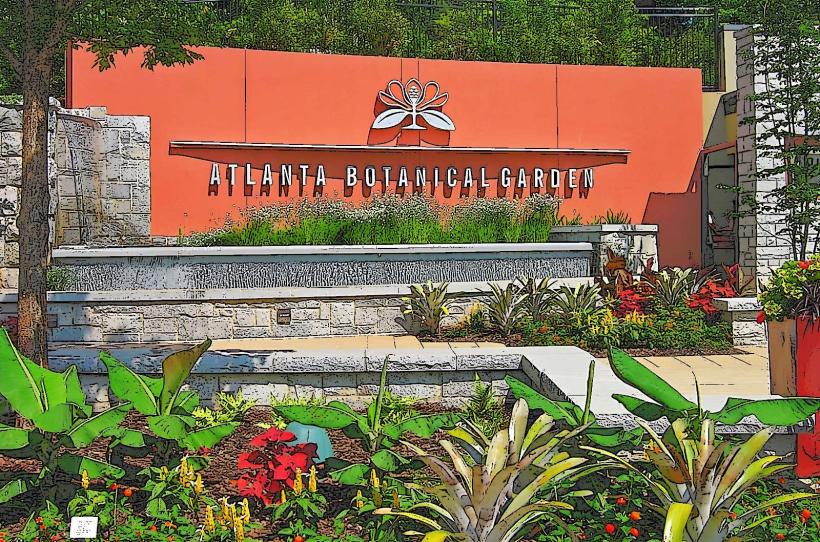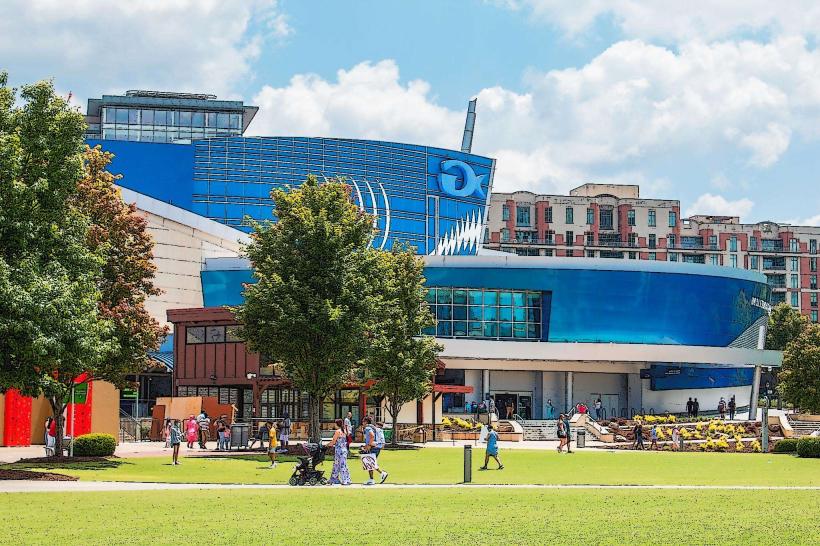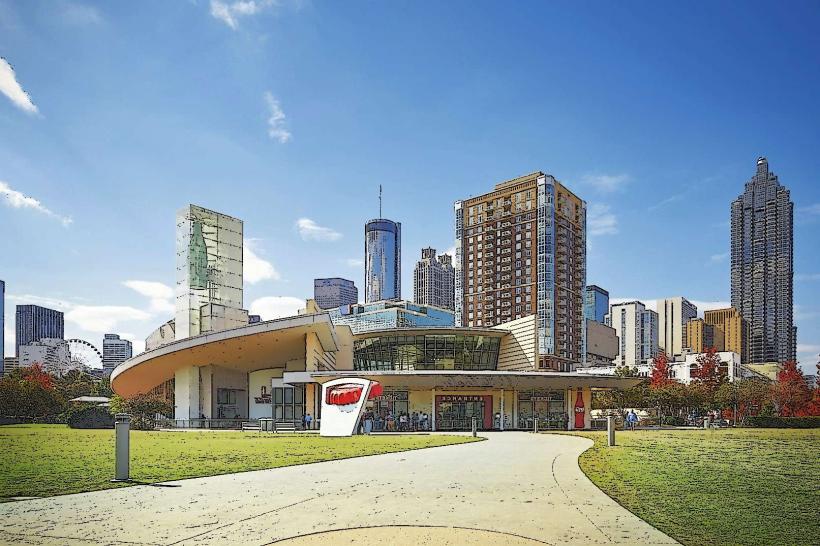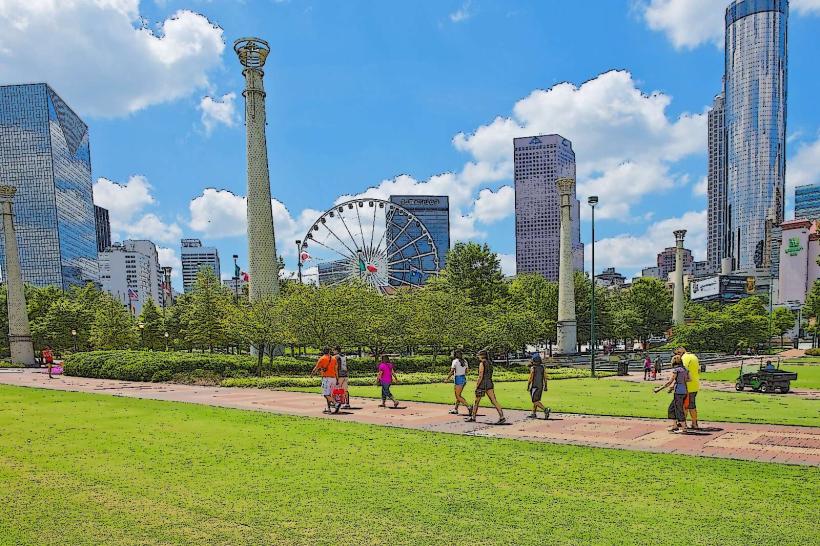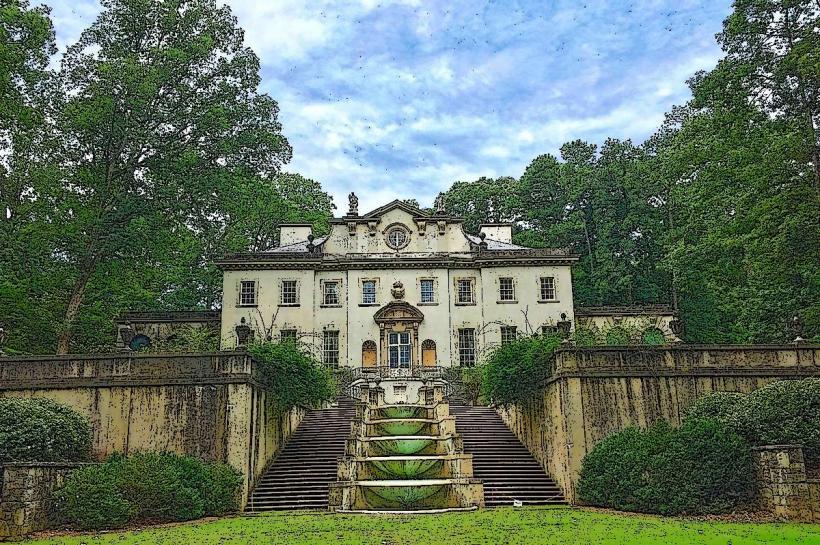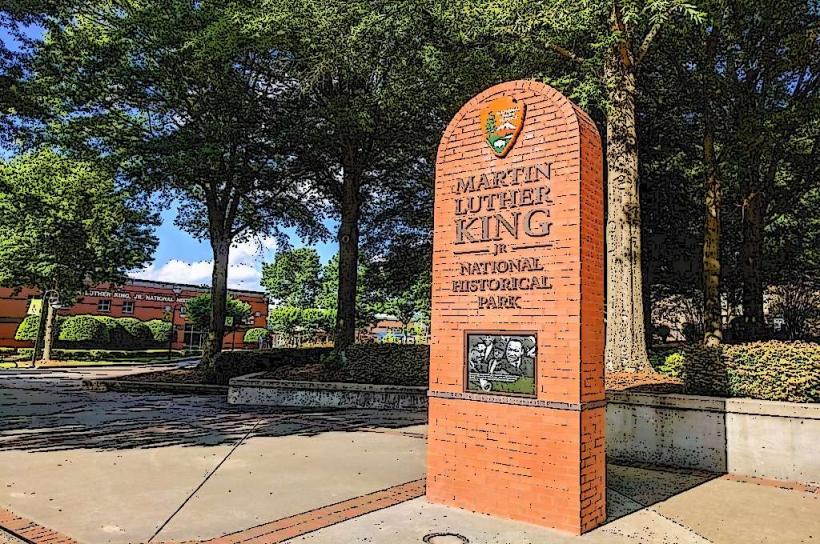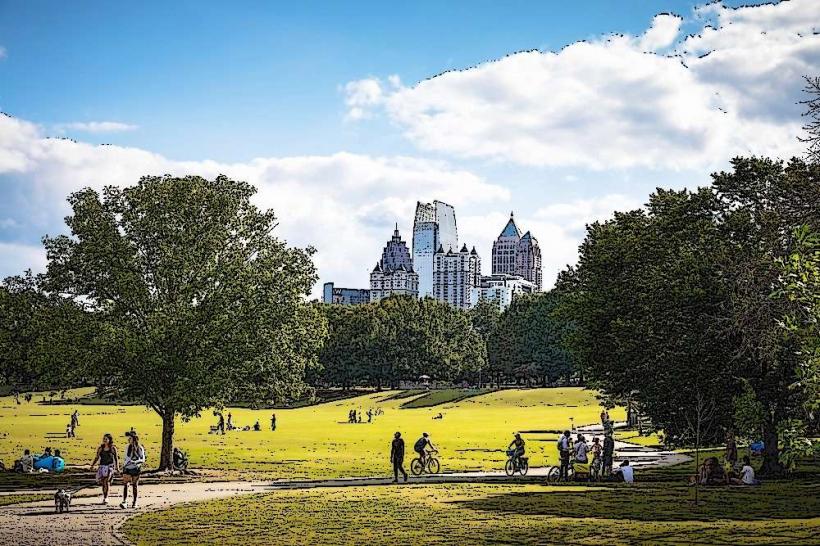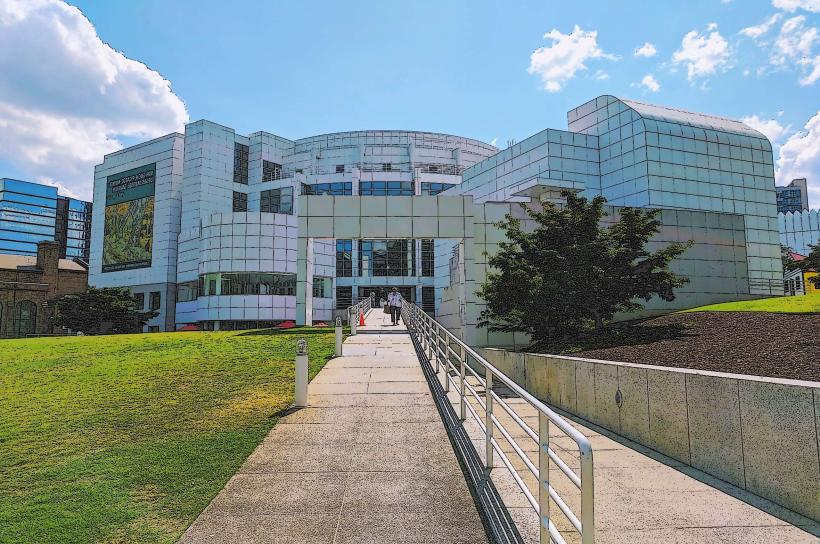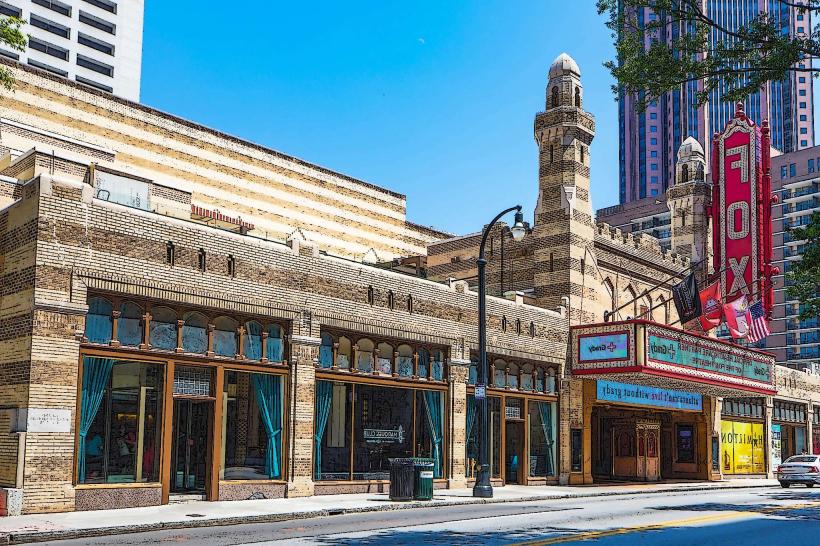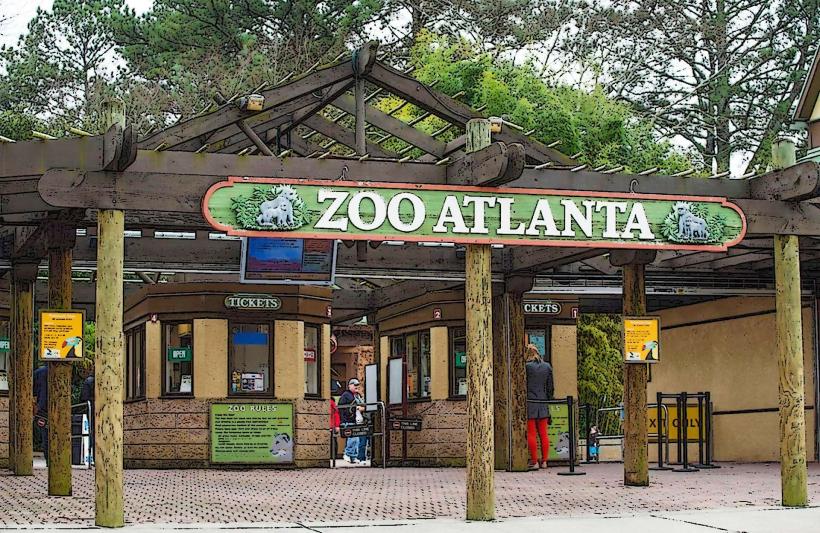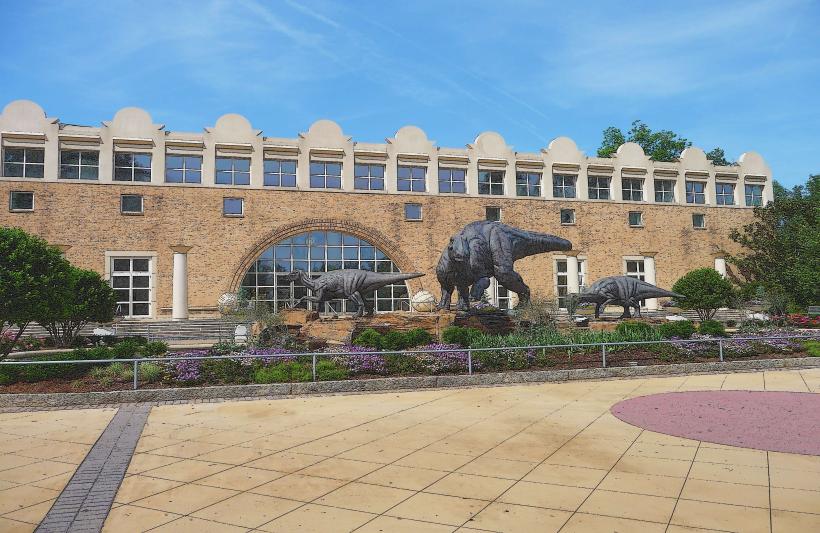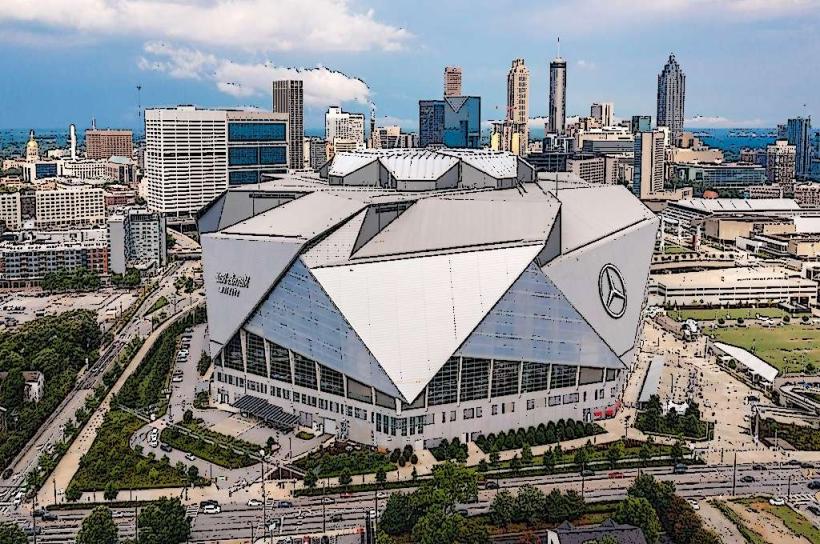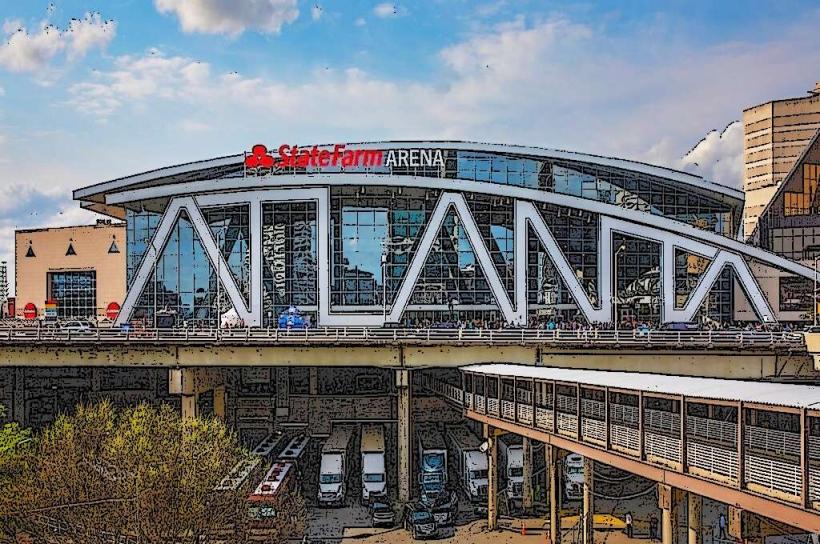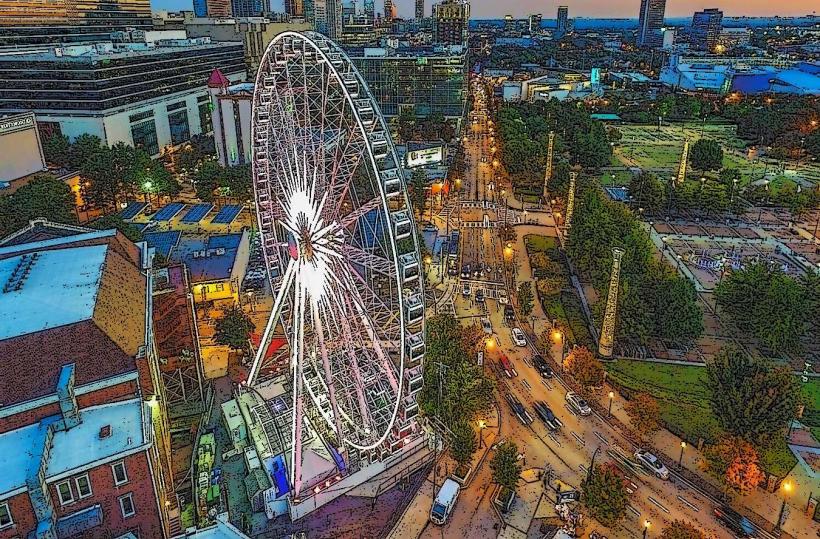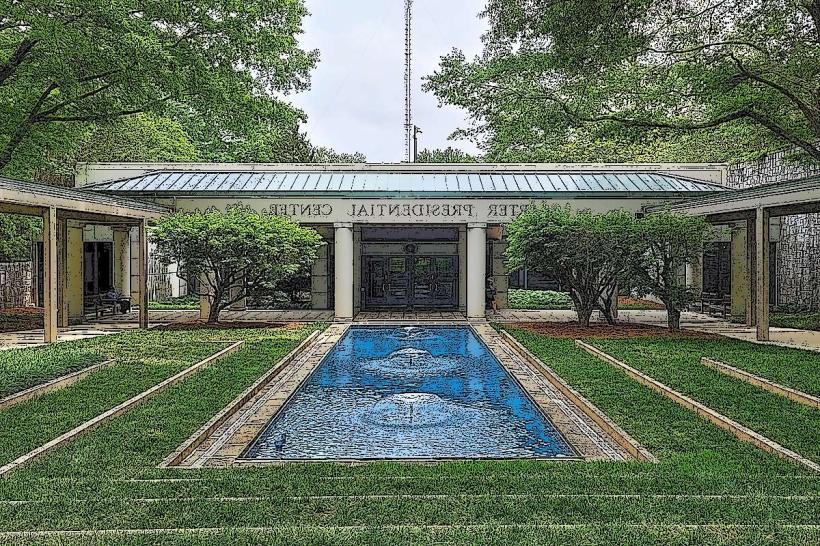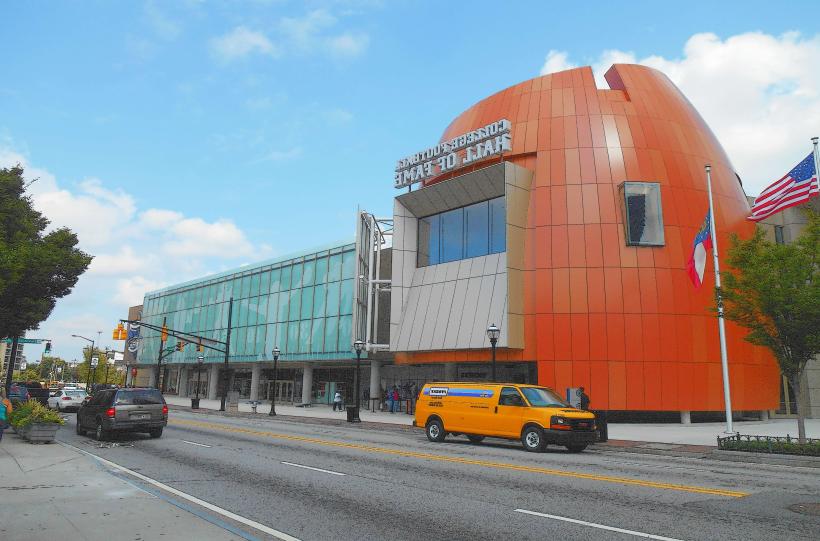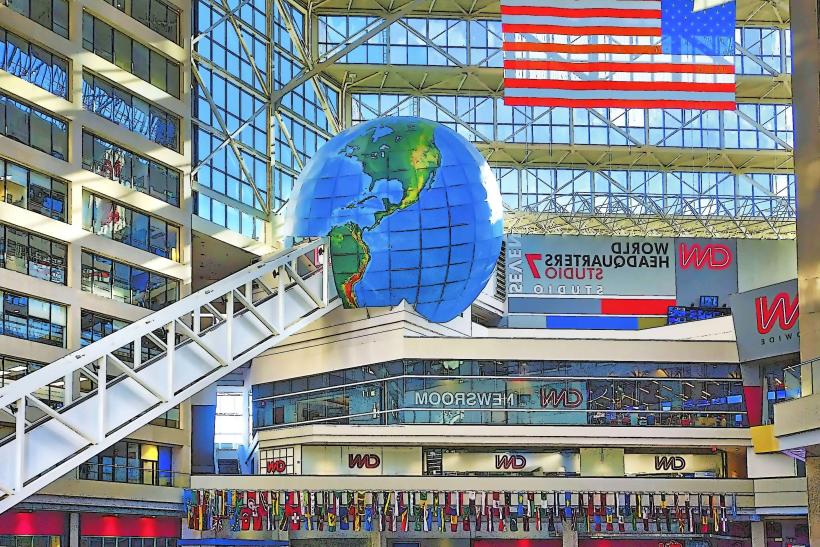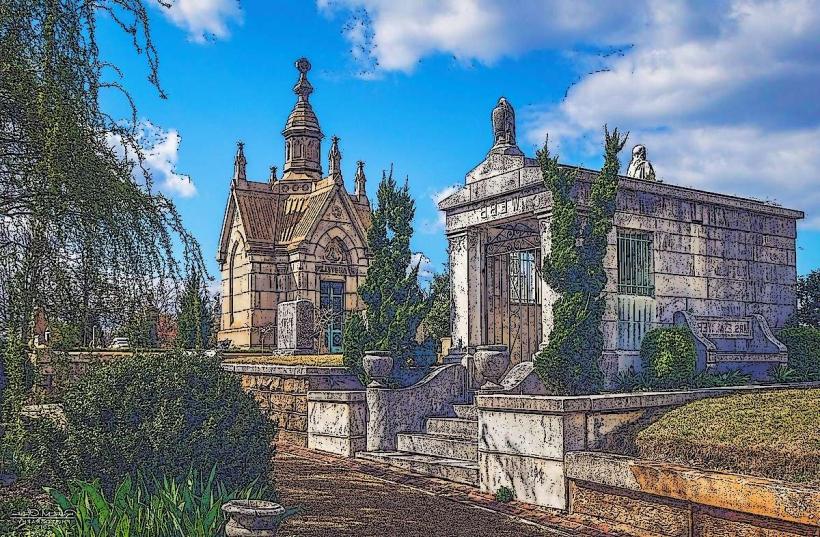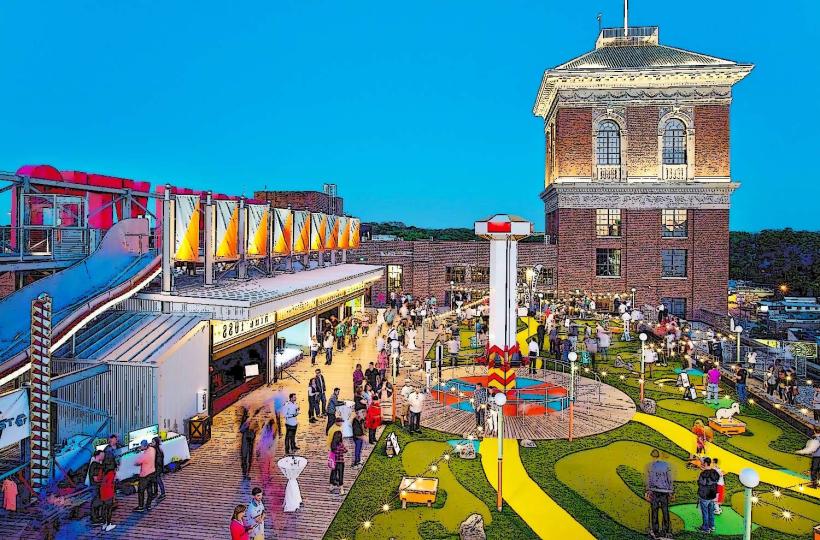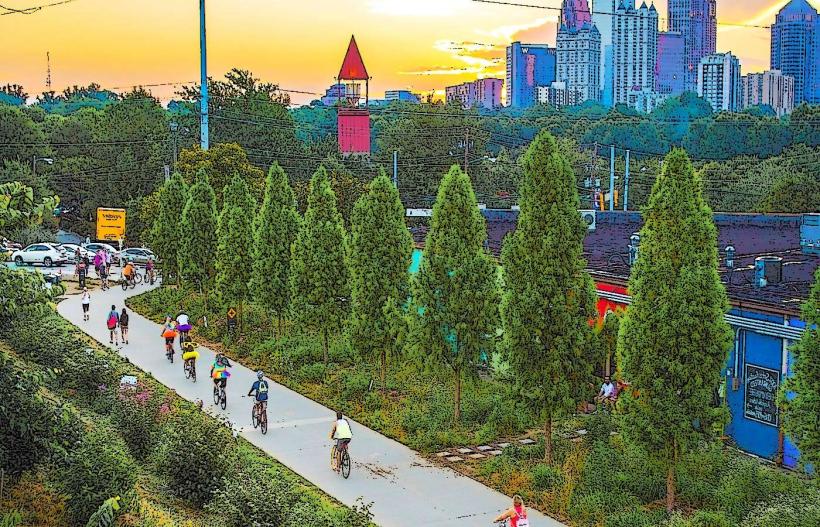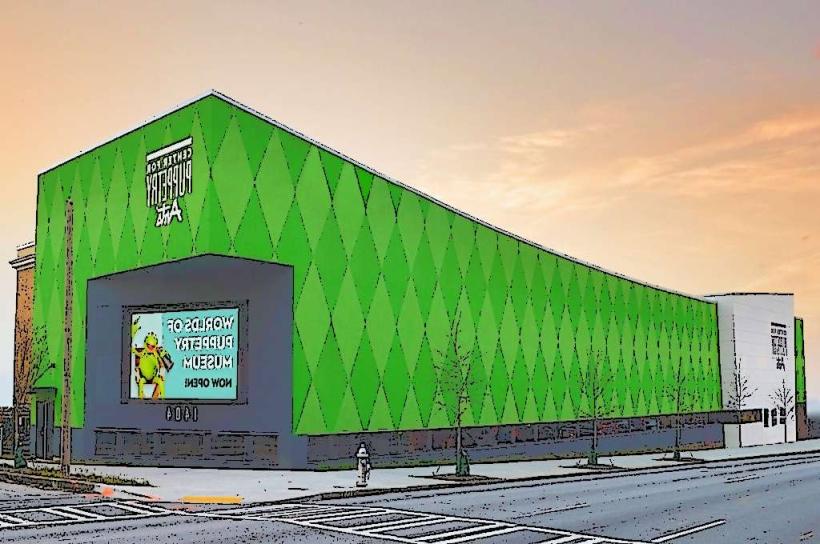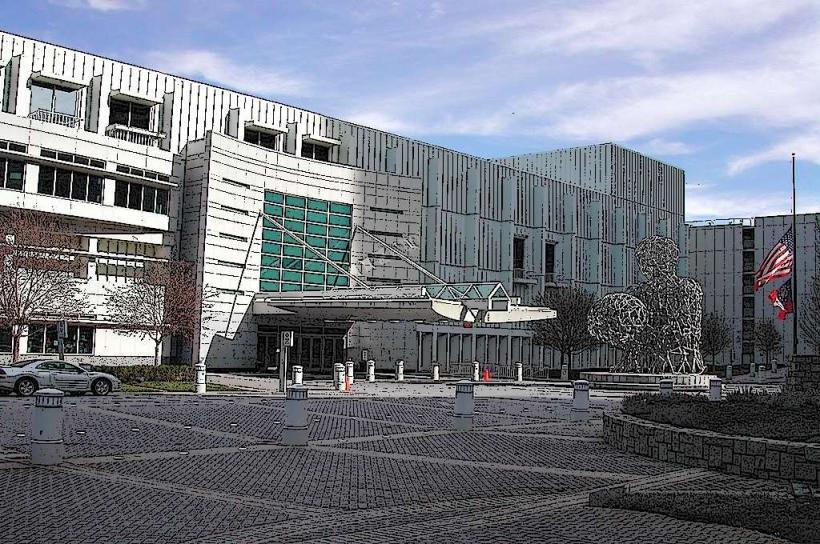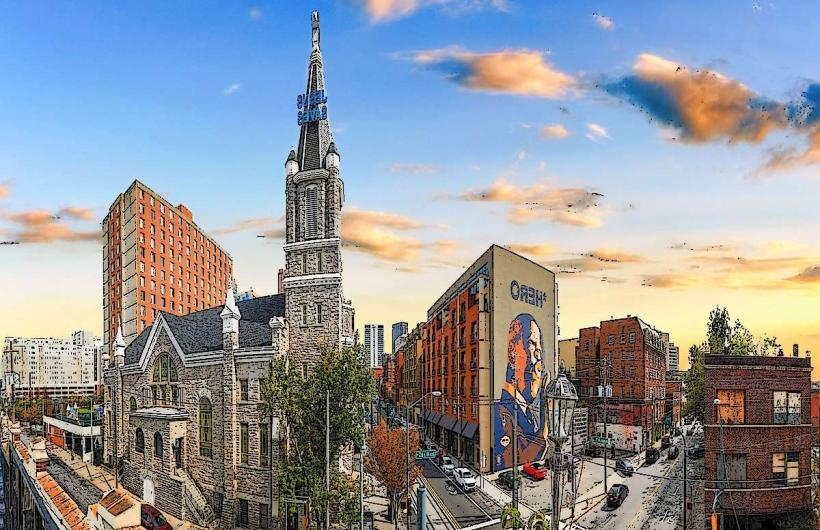Information
Landmark: Historic Fourth Ward ParkCity: Atlanta
Country: USA Georgia
Continent: North America
Historic Fourth Ward Park, Atlanta, USA Georgia, North America
Historic Fourth Ward Park is a 17-acre public greenspace located in Atlanta, Georgia, USA. It is situated in the Old Fourth Ward neighborhood.
Visual Characteristics
The park features a large, multi-purpose lawn area, a skate park constructed from concrete, and a 2-acre lake. Walking paths are paved with asphalt. The landscape includes mature trees providing canopy cover in designated areas.
Location & Access Logistics
The park is located approximately 1.5 miles east of downtown Atlanta. Access is available from North Avenue, Randolph Street, and John Wesley Dobbs Avenue. Parking is available in a dedicated lot accessible from Randolph Street. The MARTA bus lines 2, 10, and 12 stop within a 0.5-mile radius of the park.
Historical & Ecological Origin
The park was constructed on the site of the former Ponce de Leon amusement park and the former site of the Atlanta General Hospital. It was developed as part of the larger Eastside BeltLine project, transforming former industrial land into public recreational space. The lake is an engineered water feature designed to manage stormwater runoff.
Key Highlights & Activities
Activities include skateboarding in the skate park, walking or jogging on the paved trails, picnicking, and observing the lake. The park connects directly to the Atlanta BeltLine Eastside Trail, facilitating cycling and further exploration.
Infrastructure & Amenities
Restrooms are available near the skate park and the main lawn. Shaded areas are provided by mature trees and some park benches. Cell phone signal (4G/5G) is generally consistent throughout the park. Food vendors are not permanently located within the park, but are frequently present along the adjacent BeltLine trail.
Best Time to Visit
For photography, early morning or late afternoon provides optimal lighting conditions due to the angle of the sun. The park is accessible year-round. Weather is most favorable for outdoor activities during spring (April-May) and fall (September-October).
Facts & Legends
A unique feature of the park is its role as a component of the Atlanta BeltLine, a former railway corridor repurposed for multi-use trails and linear parks, connecting various Atlanta neighborhoods.
Nearby Landmarks
- 0.2km West: Ponce City Market
- 0.5km South: Historic Fourth Ward Skatepark
- 1.0km Southwest: Woodruff Arts Center
- 1.5km West: Fox Theatre

